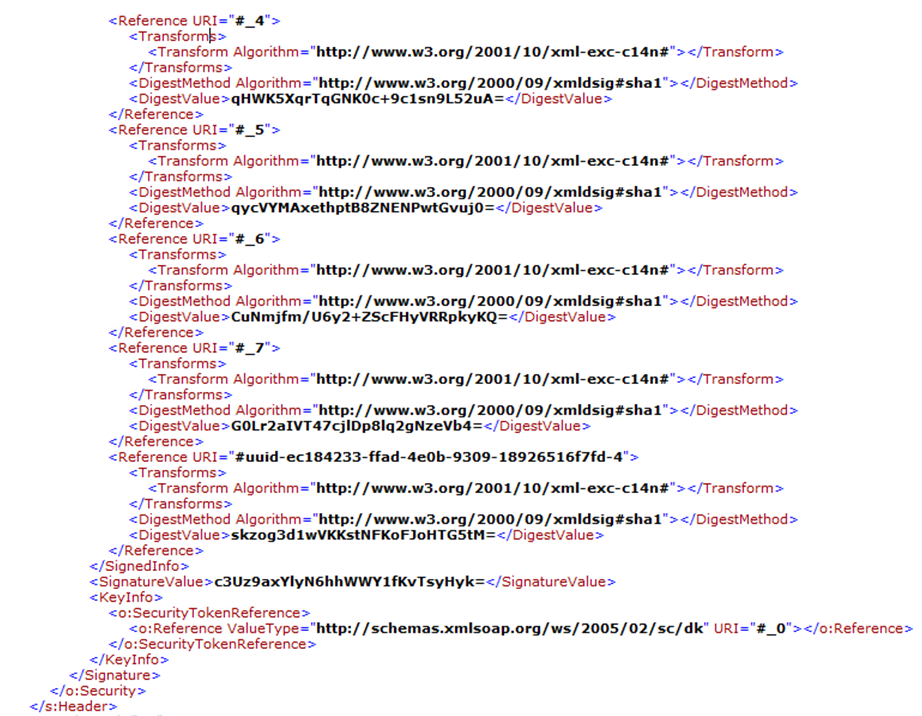WCF: Observing Message ProtectionOrder
WCF: Observing Message ProtectionOrder
Objective 1:
Impact of Protection Order
Objective 2:
How to observe/confirm that my request is signed and encrypted from WCF traces.
Objective 3:
Utilize the knowledge of reading WCF traces and apply the same for troubleshooting the INTEROPE scenarios.
Understanding:
https://msdn.microsoft.com/en-us/library/system.servicemodel.security.messageprotectionorder.aspx
Scope:
Via Protection Order, messages are secured using SOAP message security only (security mode=”Message” ).
Not available if we move to Transport Security (security mode=”TransportWithMessageCredentials” ).
However possible if we design a custom binding with Dual Layer of encryption - https://blogs.msdn.com/b/saurabs/archive/2013/05/03/wcf-dual-layer-encryption-message-transport.aspx .
Available options:
Default:
SignBeforeEncryptAndEncryptSignature
Scenario 1:
Ignore the MessageProtection Order, let it be default :
Service:
Client Request:
Assessment:
To understand the Protection level on a soap envelope layer, refer this blog - https://blogs.msdn.com/b/saurabs/archive/2012/05/15/wcf-interop-understanding-protection-level.aspx
Conclusion:
1. Request is Signed (with u:Id=”_0”) and Encrypted (with u:Id=”_1”)
2. To read them from traces, back trace this ID and identify the respective sections.
Queries:
1. I can’t find the Signature tag in Envelope, is my request signed .. ?
Yes, the request is signed but because of the default Protection order (SignBeforeEncryptAndEncryptSignature), the signature is Encrypted.
Scenario 2:
Let us try to play with default Protection Order so that we can
1. Observe WCF traces with proper Signing.
2. Read the Signature Token
Service:
Client Request:
Assessment:
To understand the Protection level on a soap envelope layer, refer this blog - https://blogs.msdn.com/b/saurabs/archive/2012/05/15/wcf-interop-understanding-protection-level.aspx
Conclusion:
1. Request is Signed (with u:Id=”_2”) and Encrypted (with u:Id=”_3”)
2. To read them from traces, back trace this ID and identify the respective sections.
Queries:
I can’t find the Signature tag in Envelope, is my request signed .. ?
Yes, the request is signed but because of the default Protection order (SignBeforeEncryptAndEncryptSignature), the signature is Encrypted.
I hope this information helps us to review the WCF traces and identify the type of request being generated from client. The knowledge comes pretty handy in troubleshooting the INTEROP cases.







